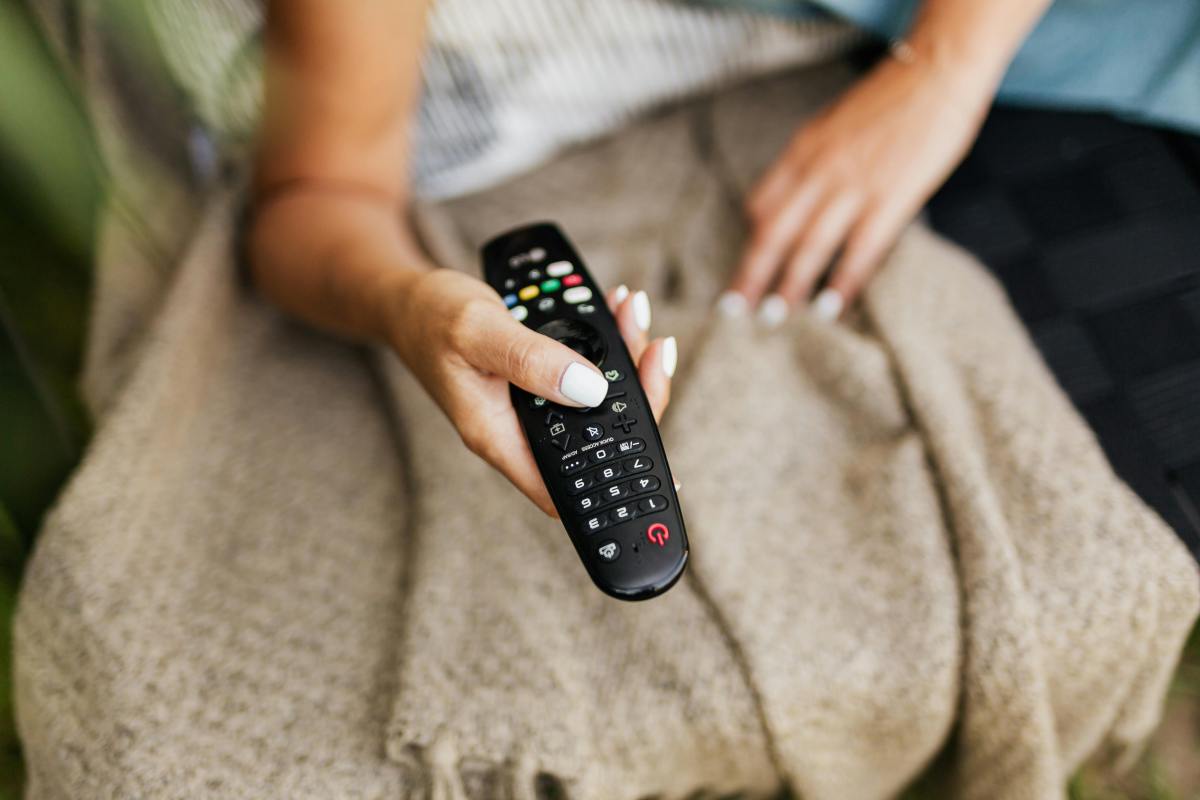Free TV, the peak industry body for Australia’s commercial free-to-air television broadcasters (Nine, Seven and Ten) has welcomed the federal government’s announcement this week of a one-year suspension of the Commercial Broadcasting Tax from June 2025, estimated to save the industry around $50.3 million.
The announcement came as part of the Albanese government’s Mid-Year Economic and Fiscal Outlook (MYEFO) budget scorecard, which acknowledged tough times for Australians and a slower than predicted economic growth.
Bridget Fair, CEO of Free TV said: ‘The temporary suspension of the Commercial Broadcasting Tax is an important step towards supporting the long-term sustainability of Free TV broadcasters, and we are grateful for the Government’s recognition of the important role of local commercial television services to a healthy media sector.’
As noted by TV Tonight, the Morrison government abolished licence fees of about $130m in 2016/ 2017, but replaced them with a $40m spectrum fee as an interim measure for up to five years. Fees were also suspended at the beginning of the pandemic in April 2020 but are due to expire from 2028 to 2032.
ScreenHub: Australian drama spending plummets nearly 30%
Changing free to air Australian TV landscape
The broadcasting landscape has dramatically changed in the ten years since streaming and SVOD arrived in Australia. (For context, Stan debuted on Australia Day 2015, followed by global streaming juggernaut Netflix in March 2015. ABC iview was an early starter in July 2008, while SBS on Demand started in 2016.)
Bridget Fair of Free TV said: ‘The Commercial Broadcasting Tax is really just a hangover from the old super-profits tax of the past. It is well and truly time for it to be permanently abolished. The tax disproportionately affects regional broadcasters who need more transmitters to broadcast to regional and remote areas.
‘It undermines the ability of all broadcasters to compete fairly with digital platforms and global streamers, who do not face the same tax or regulatory obligations, yet compete with and sell advertising against commercial broadcasters.’
Free TV is hoping that as the government moves forward with its recently-announced review of broadcast spectrum bands, this tax will be permanently removed.
While many viewers have switched entirely to streaming services, Free TV is keen to point out that free commercial television still reaches more than 20 million Australians each week and plays an important part in sustaining our local media ecology.





